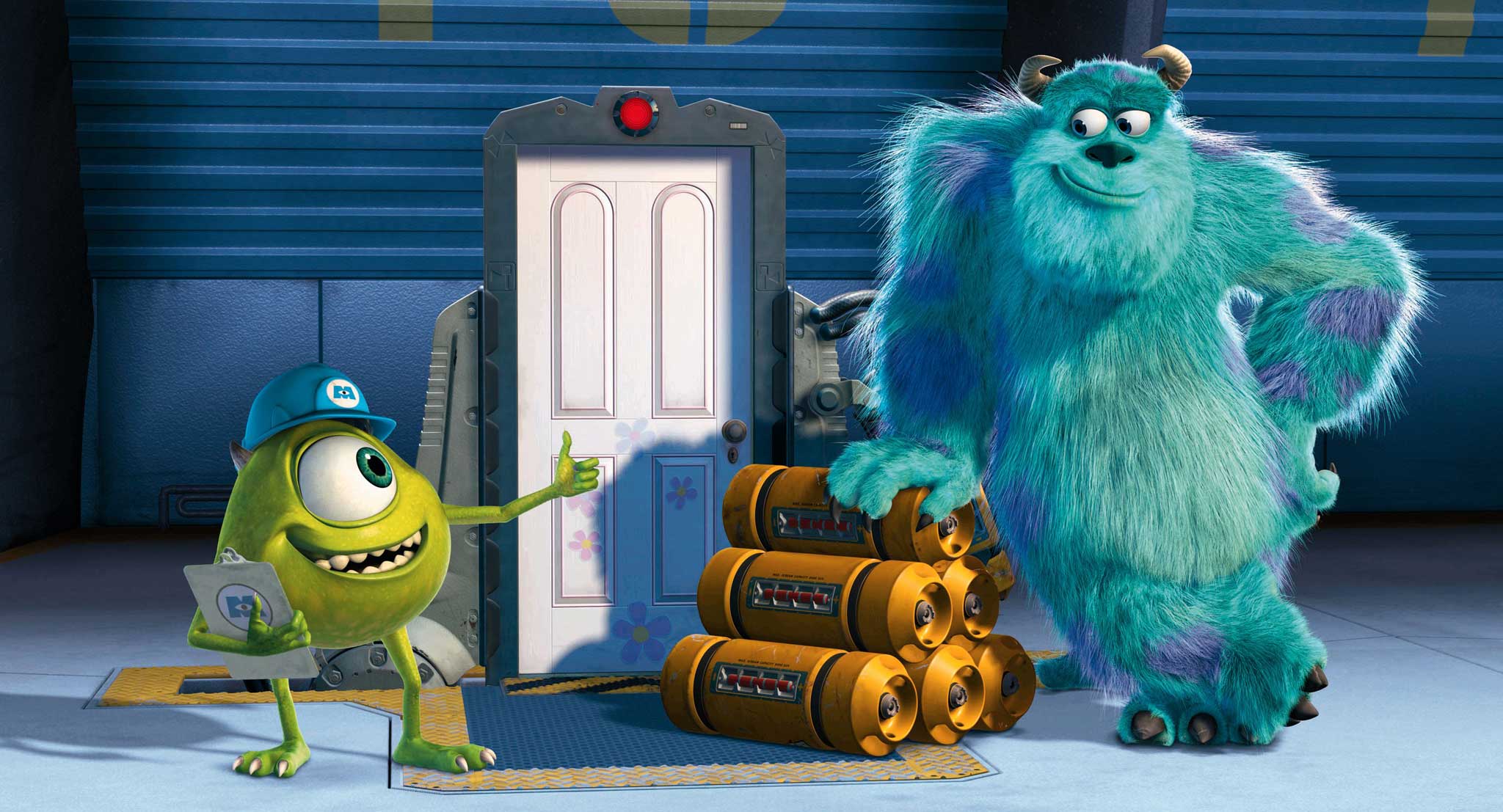Pixar might be one of the most interesting companies on the planet. As well as being a studio with a consistency of hits worthy of any great director, it basically created both a genre (computer animation) and the technology with which to build it.
Its films will rightly hold for decades, even when the software used to draw Toy Story, Monsters, Inc and co is as archaic as a pencil and paper is now. But can it make the dullest genre of all – management theory – come to life?
The answer is a surprising yes. Co-founder Ed Catmull may not be as well-known as other Pixar figures like John Lasseter or Steve Jobs, but his role in the company was crucial. Coming from a computer science background, his research made Pixar viable and was instrumental in convincing Jobs, then exiled from Apple, into buying it from George Lucas when it was nowhere near making a movie, let alone a profit.
The story of Pixar and its merger with Disney (Catmull is president of both) is a fascinating one. It's not told here, although Pixar's progress serves as the crutch for Catmull's lessons.
There's a reason Pixar doesn't make many duffers. It's a dedication to quality at the expense of almost everything else. How to achieve and maintain this is a blend of science and human skill, and Catmull shares an intimate knowledge of both.
We learn that Pixar has implemented an annual shutdown day where staff discuss ways to improve, we learn about the Braintrust, a set of key figures at Pixar who creatively deconstruct films in productions, how Jobs designed the new building to encourage staff interactions and we relearn old Sammy Beckett's adage about failure. At Pixar, no-one should be afraid to fail. As long as they fail quickly and correct themselves.
It seems unlikely that lessons from teething troubles on Toy Story 2 could have much use for, say, a small accountancy company, but you suspect there is. Observations on critical feedback, allowing people to not self-censor and improving on successes are broad enough to apply to anyone managing a team. Just don't expect as much fun implementing them as those who spend hours discussing the story of an overprotective fish, or a lonely trash-clearing robot.

Join our commenting forum
Join thought-provoking conversations, follow other Independent readers and see their replies
Comments